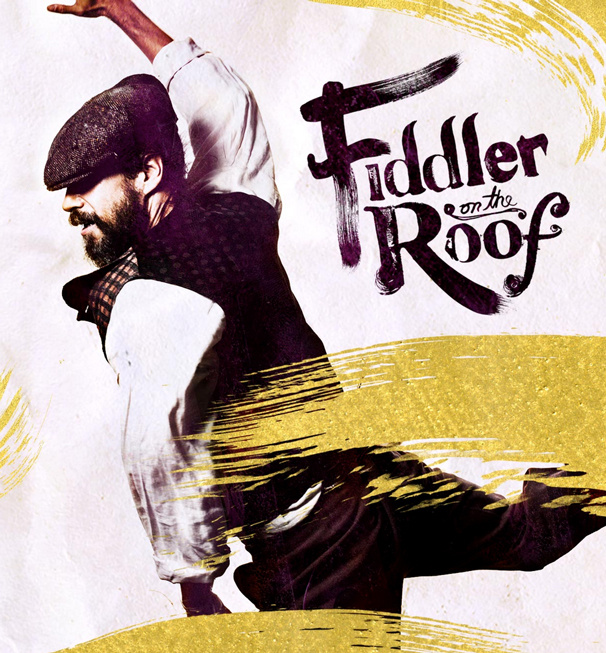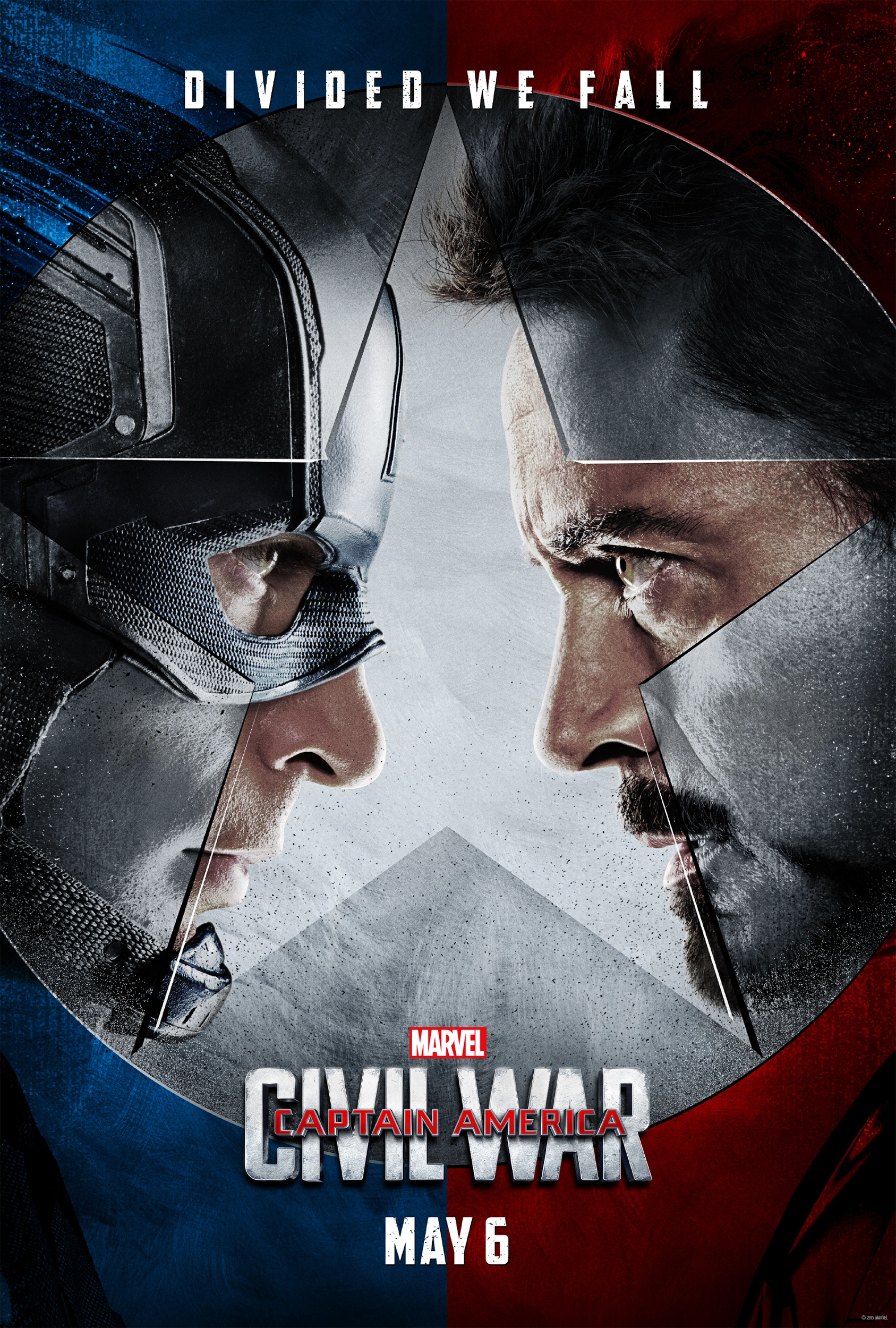A couple weeks ago, some friends and I went to see Fiddler on the Roof (absolutely phenomenal, btw). While chatting at intermission, I mocked myself, declaring that I should have counted how many times I cried in that first act. One friend replied, "I know, the wedding was so sad!"
Oh. Yeah, didn't cry at the wedding, even though, yes, it was very sad. No, what made me tear up was every moment when someone took the risk of being vulnerable to tell someone they love something important, something that would be horrible if that person took it poorly. (And when someone listened to a loved one saying something difficult, good or bad.)
Watched Captain America: Civil War this week (barely spoilers ahead, only for the general conceit of the film). It was a fantastic movie, and I spent most of it not quite tense but distinctly uncomfortable, concerned--convinced--that one of these beloved characters would do something they'd regret and not be able to take back.
Discussed the movie with three friends. #1 discussed scenes, characters, legitimate concerns presented and imperfect ways they could have been dealt with, etc., with great nuance (as per usual). #2 was extremely annoyed at Tony, could conscience no reason whatsoever to be on Team Iron Man; obviously Cap was right, as always. #3 admittedly isn't a big fan of Cap, and found him completely unsympathetic because he went rogue and didn't try to compromise or communicate, didn't at all see that he didn't have the time or opportunity to do much of either.
These latter two conversations have stayed with me, not because they impact how I think of these loved ones, but because they worry me. If we can't "see the other side" in a fictional problem, how can we possibly hope to navigate thorny real-life problems?
There's just about nothing in this world I hate more than the culture wars. They divide us so harshly, we don't even notice that we're demonizing (or at least patronizing) real people on the other side, people who may or may not have seen the same data, but who came to a different conclusion. We see agenda, we see malice, we see stupidity.
Yes, there is some agenda, some malice, some stupidity, always. But most of the time, the people "on the other side" are real people trying to fix legitimate problems, even if their proposed solution seems to cause more problems.
I should have some kind of conclusion here, but I don't. All I have are misgivings. Kyrie, eleison.




I know what you mean, Claire, and it shocks me how easily I can fall into it myself, with all my good intentions. I think reading fiction is one of the best antidotes for this! For me, creating fiction helps even more, because I'm forced to think about motivations and influences that make a character think or act the way he does, and it's difficult to condemn once you understand.
ReplyDeleteWish I could have seen Fiddler! Literature-wise, best musical ever--and the music is so incredible, too!